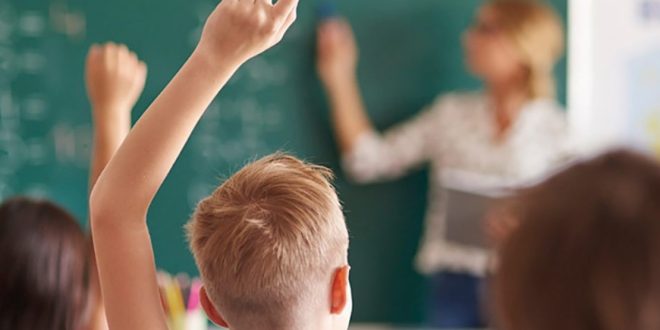We know that students should follow the path of happiness as pupils’ emotional literacy and emotional intelligence will grow as a result of learning about the psychological theories and neuroscience behind happiness. We see that the development of 21st-century skills like leadership, cooperation, and collaboration require emotional intelligence, which is a determinant of overall health. Your pupils will have a solid basis to build on later, in college and the job, if they work on developing their emotional intelligence today. Therefore, educate your students on the significance of these actions and the impact they might have before offering them concrete advice. Students will be able to overcome any initial reluctance in the spirit of scientific observation by learning about the neurology of positive acts. We see that the school information management system therefore can be of great help as well. Being mindful is all about being in the moment.
This ability enables people to tune out social media and other digital distractions and fully appreciate the activity or event they are participating in. How then can you inspire your students to engage in mindfulness exercises? Consider incorporating brief mindfulness practice into your daily classroom routine. You can suggest to your kids that they practise counting their breaths or write a positive affirmation to concentrate on. There are tonnes of doable options in our blog post about mindfulness instruction in the classroom. The use of the lms portal therefore can be of great help to the students as well. Even for adults, interacting with strangers can be challenging, let alone for teenagers. However, studies suggest that engaging in conversation with new people can significantly improve our mood.
Teenagers are socially awkward, but learning how to strike up a conversation with a total stranger will make them feel better in the moment and help them grow their social skills and confidence over time. Challenge your kids to engage in safe conversation with a stranger. If they need further help, give them a list of additional options and ask them to offer more appropriate contexts. Encourage them to think back on their reactions, what worked, and how they could make the encounter better the next time after the chat. The enjoyment in your classroom can be greatly improved by recognising both individual and group accomplishments. According to studies, rewards and recognition can significantly increase people’s self-esteem and morale. When we accomplish our objectives, our brain tells our body, “Well done you!” We release neurotransmitters that make us feel good, such as serotonin (the happy chemical) and dopamine (the motivation and reward chemical). The amounts of dopamine and serotonin in our systems affect how we feel overall, how we digest food, and how well we sleep in both kids and adults. We tend to feel happier as serotonin and dopamine levels rise.
Happiness can be increased by confidence, yet confidence is not a quality we all possess at birth. It is an acquired ability for many of us, one that becomes better with time, practice, and experience. A joyful classroom welcomes this journey and gives kids the chance to pick up this ability at their own pace with help from people around them. Children must be able to control and get rid of their worries, fears, limiting beliefs, and issues if they are to succeed. Even if they might not be inherently confident, they should also consider how other people present confidence. For some kids, this can come as quite a shock. Children will benefit as they learn how to create their relationships by being taught and modelled what healthy relationships look like.
Feel free to visit to know more about – 小朋友課外活動
Some people may lack confidence or understanding, and as a result, they will gain a lot of knowledge from watching you develop strong bonds with each student and with the other adults in the classroom or school. The development of these wholesome relationships among the kids would not only increase their general well-being but also offer them a sense of belonging and importance. It will bolster their sense of security and comfort and help them become more self-assured. Most importantly, it will teach kids how to speak honestly and to experiment with different ideas without worrying about being judged.






